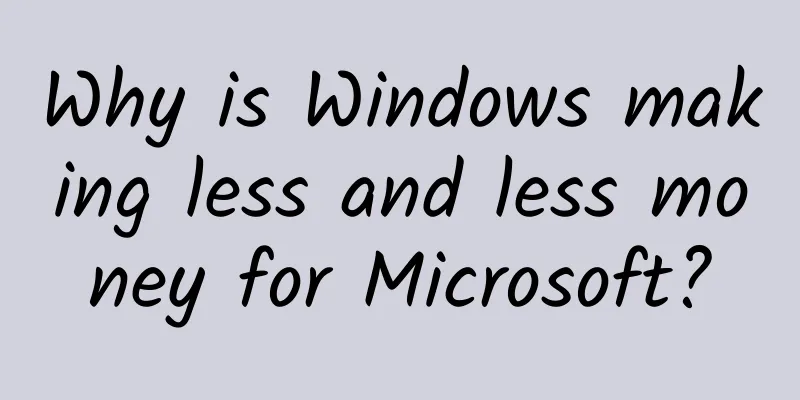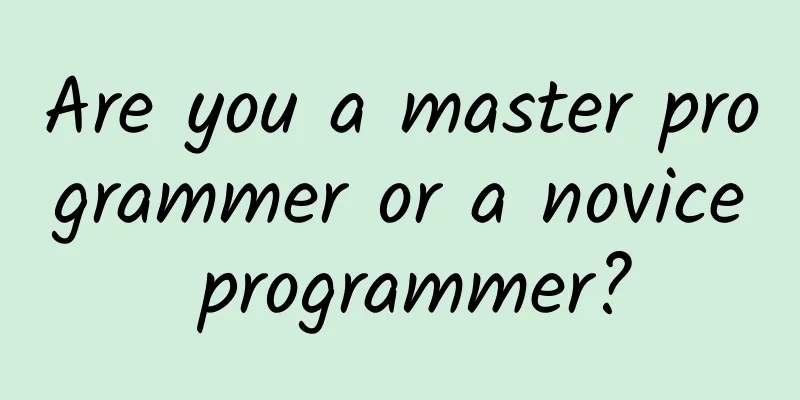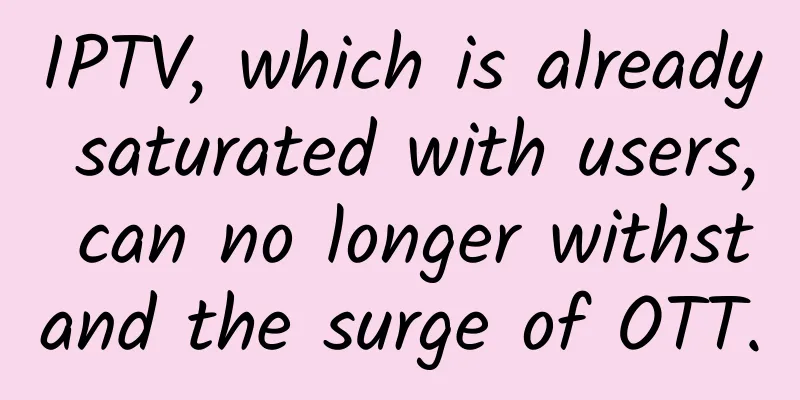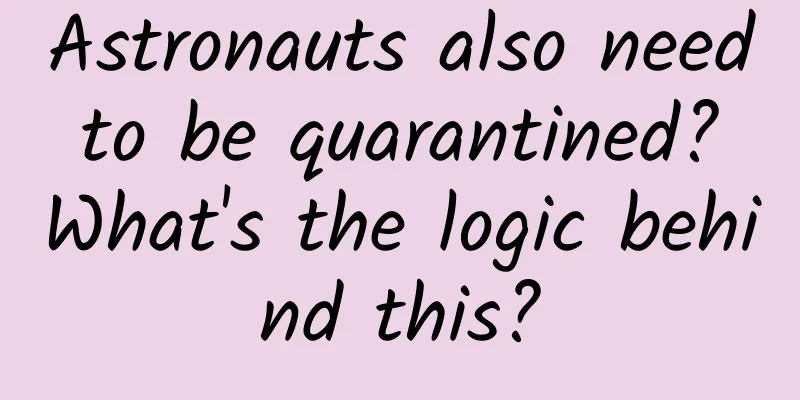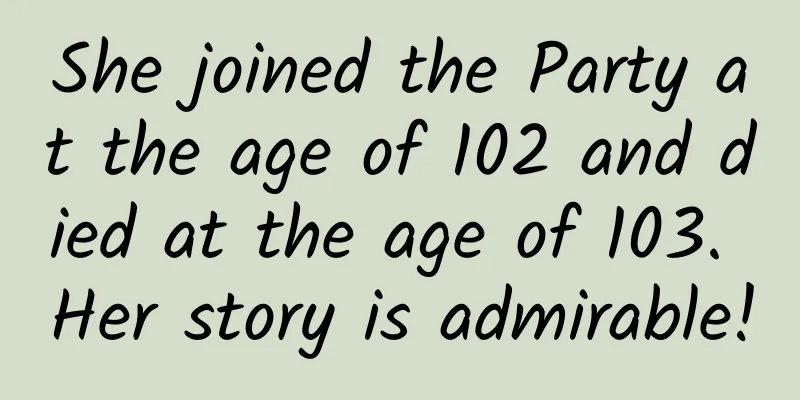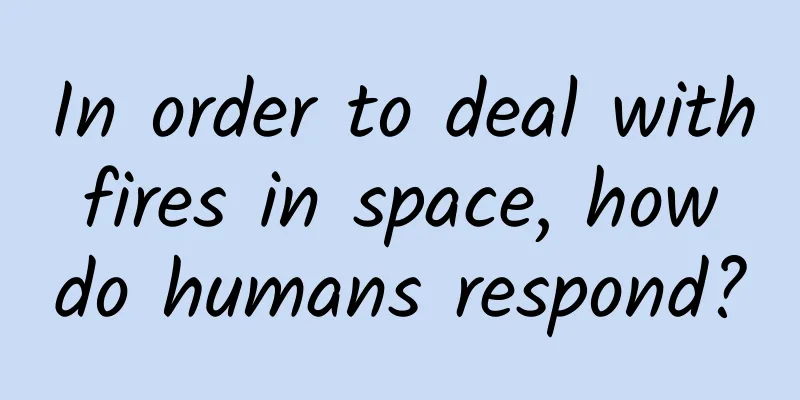Drinking coffee before shopping could cost you half the money
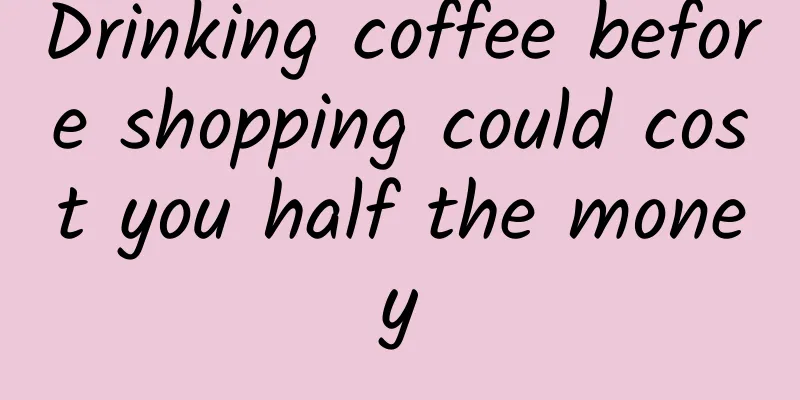
|
In the past, I often heard people say, "It's best not to go to the supermarket on an empty stomach, because you will take half of the snacks home." There are many hidden "shopping switches" in life. You are more restrained in spending on weekdays, but you become a "tail payment person" in the middle of the night, buying many unnecessary products. This shows that human consumption behavior is affected by time factors. Not only that, a recent study shows that even the coffee that "working people" often drink can subtly make us impulsive consumers. Will drinking coffee before shopping make your wallet bleed? Drinking coffee before shopping does make people buy more and spend more money. A recent study published in the Journal of Marketing found that drinking coffee or other caffeinated beverages before shopping may cause consumers to spend more money in supermarkets and malls, and the same effect may also occur for online shopping (in this study, it is mainly the consumption of hedonic products that is affected). The researchers set up a coffee stand at the entrance of two home furnishings and department stores in France and Spain, offering free espresso to about 300 people who came to the mall to shop. The espresso was divided into two categories by the experimenters: one was caffeinated, and the other was decaffeinated coffee or water, but the drinkers didn't know this. Of course, the coffee was not free. In exchange, these shoppers had to accept a short survey about their shopping experience before leaving and hand over their receipts from the mall to the researchers. According to subsequent statistics, the researchers found that shoppers who drank a cup of caffeinated coffee before shopping would spend about 50% more money overall or buy nearly 30% more goods than shoppers who drank decaffeinated coffee or water. Lead author of the study, Professor Dipayan Biswas of the University of South Florida, said: "Caffeine is a potent stimulant that releases dopamine in the brain, making the body and mind feel excited. This triggers a state of higher energy, which in turn increases impulsivity and reduces self-control. Therefore, caffeine intake can lead to impulsive spending - buying more items and spending more money." Drinking coffee can also make you want to buy "useless" things! In the same study, researchers also found that coffee even affects the types of goods people buy. Those who drank caffeinated coffee chose to buy more non-essential items, such as candles, perfumes, and essential oils, than other shoppers. To confirm this result, the researchers conducted another experiment in the laboratory. This time the experiment was changed to online shopping. They divided 200 business school students into two groups, drinking caffeinated and decaffeinated coffee respectively, and asked them to choose the items they wanted to buy from 66 kinds of goods. In the end, a similar answer was obtained-the subjects who drank coffee preferred to buy more expensive but less practical items such as massagers, golf clubs and skis, while the subjects who drank decaffeinated beverages tended to choose more practical things, such as notebooks, food and kitchen supplies. Why does drinking coffee turn on your shopping switch? In fact, it is not the whole cup of coffee that changes you, but only one of its ingredients. A normal cup of American coffee is about 540 ml, of which 480 ml is water, and the rest is made up of espresso with a caffeine concentration of between 50 mg and 100 mg. What really changes your consumption habits is this seemingly tiny amount of caffeine. It is a powerful stimulant that can release dopamine in the brain, excite our brain and body, temporarily improve energy status, and forget fatigue. This is why we like to drink a cup of coffee in the morning to wake up the brain and a cup of coffee in the evening to refresh ourselves. But while we are refreshed, caffeine can also make us more impulsive and reduce self-control. In this regard, Professor Dipayan Biswas reminded that "caffeine intake can lead to shopping impulses, prompting consumers to spend more and buy more goods. Therefore, consumers who try to control impulse buying should avoid drinking caffeinated beverages before shopping." Of course, drinking coffee in moderation will not affect your physical and mental health, but if your wallet is tight recently and you want to spend as little money as possible during this Double Eleven and refuse to spend too much, perhaps, drinking a cup of hot water instead of coffee before shopping and when waiting to pay at night would be the best choice. References: 【1】"EXPRESS: Caffeine's Effects on Consumer Spending" by Dipayan Biswas, Patrick Hartmann, Martin Eisend, Courtney Szocs, Bruna Jochims, Vanessa Apaolaza, Erik Hermann, Cristina M. López and Adilson Borges, 11 June 2022, Journal of Marketing. |
>>: What is mohair? Why is it so expensive?
Recommend
A 10,000-word research report on Xiaohongshu!
It took nearly 3 working days, and the content co...
High blood sugar, high blood lipids... A 24-year-old boy was diagnosed with "milky blood". Pay attention to these habits!
Xiao Liu, 24, discovered that his blood sugar was...
Price increases that only protect profits will not last long. Improving product quality is the foundation for luxury brands.
A week ago, BMW announced its withdrawal from the...
The road to Shu is difficult? The road to Fujian is even more difficult!
Mountains cannot stop you; the sea can also be cr...
Even rarer than giant pandas! This "cute creature" was photographed again, super cute!
This one A cute creature that looks like both a m...
Deeply mourn Comrade Zhou Guangzhao | Relay the spiritual torch and forge ahead on a new Long March
Comrade Zhou Guangzhao, former Vice Chairman of t...
What happened to the BeiDou-3 global satellite navigation system? What is the specific situation?
July 31, 2020 is a big day worth remembering for ...
Uncle Wolf’s Zhihu Precision Traffic Drainage 9.0 Training Course
There are 21 videos in total of Uncle Wolf’s Zhih...
Mobile Web and Apps: Which is the Future?
[[129994]] With the popularization of mobile Inte...
SumanSoul Second Sister Yoga Course Fifth Period
: : : : : : : : : : : : : : : : : : : : : : : : : ...
Yanling County Mini Program Franchise Company, how much does it cost to join a fresh food mini program?
How much does it cost to join a fresh food mini p...
Analysis of Pinduoduo’s competitive products!
The sinking market has gradually become the focus...
If there were no words in the world
You know What word is this? (The answer will be r...
Disassembling the AARRR model: How to attract 150,000 fans in 10 days at 0 cost?
I believe that many people engaged in operations ...
promovie Food Photography Practical Master Course
: : : : : : : : : : : : : : : : : : : : : : : : : ...



